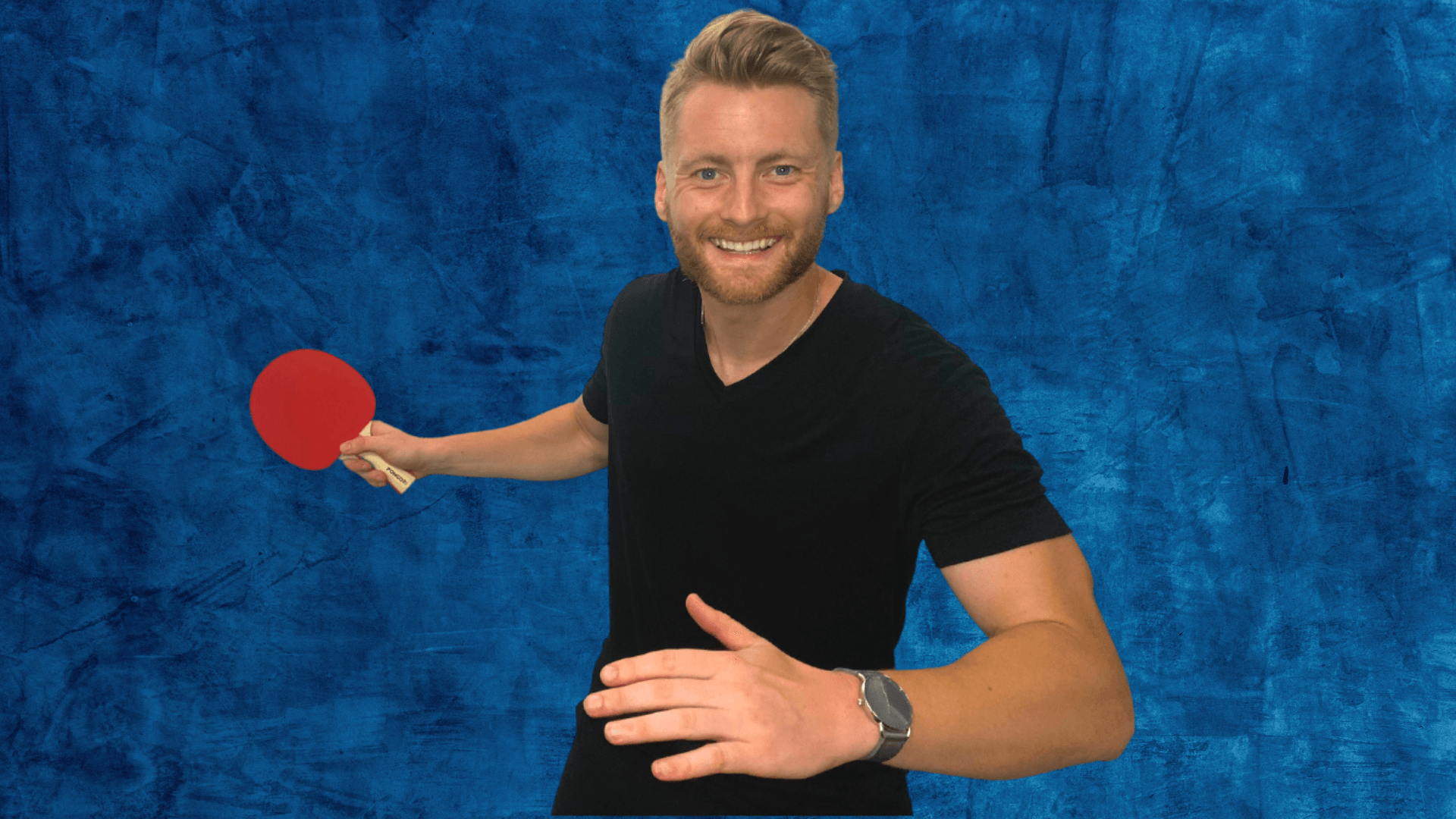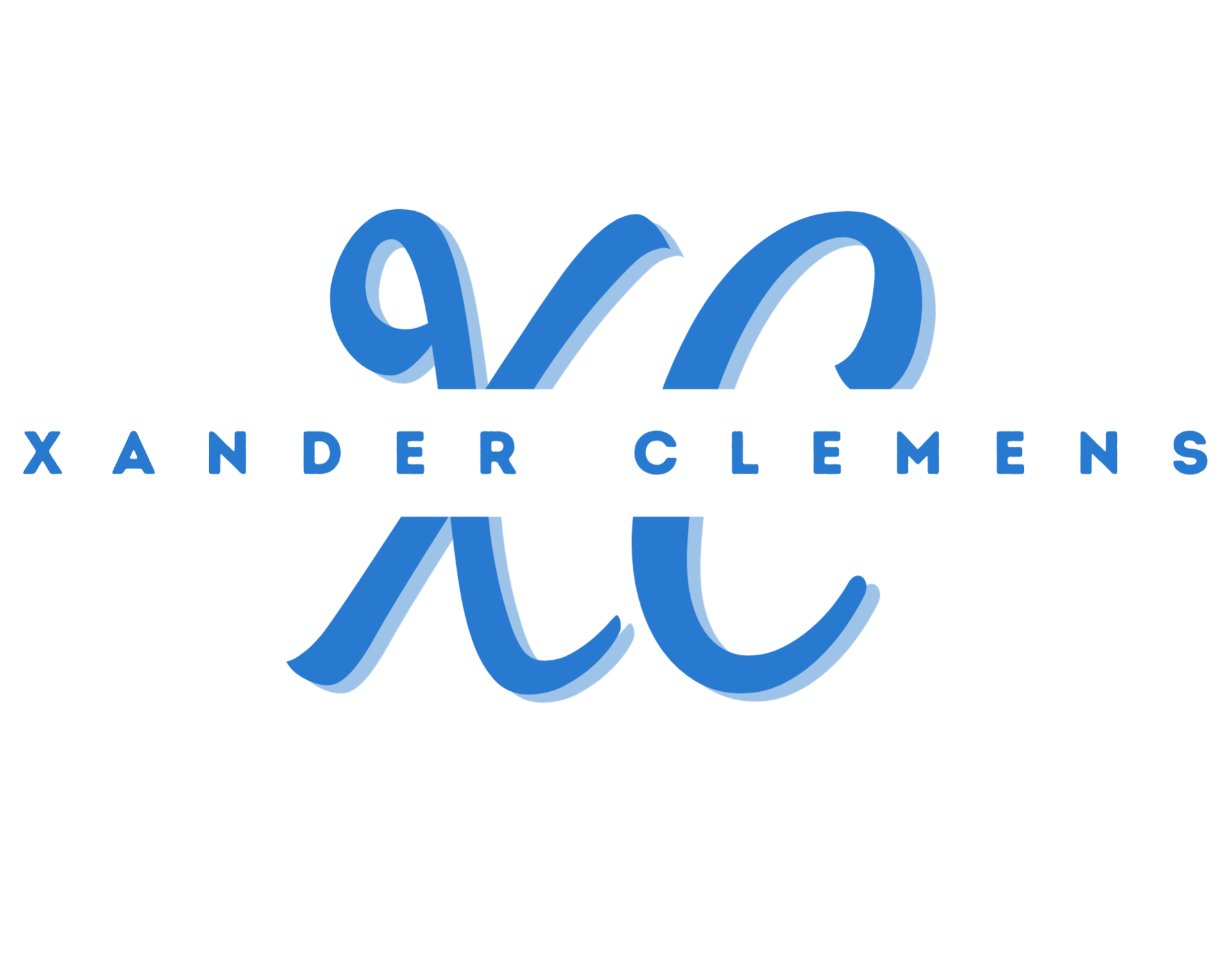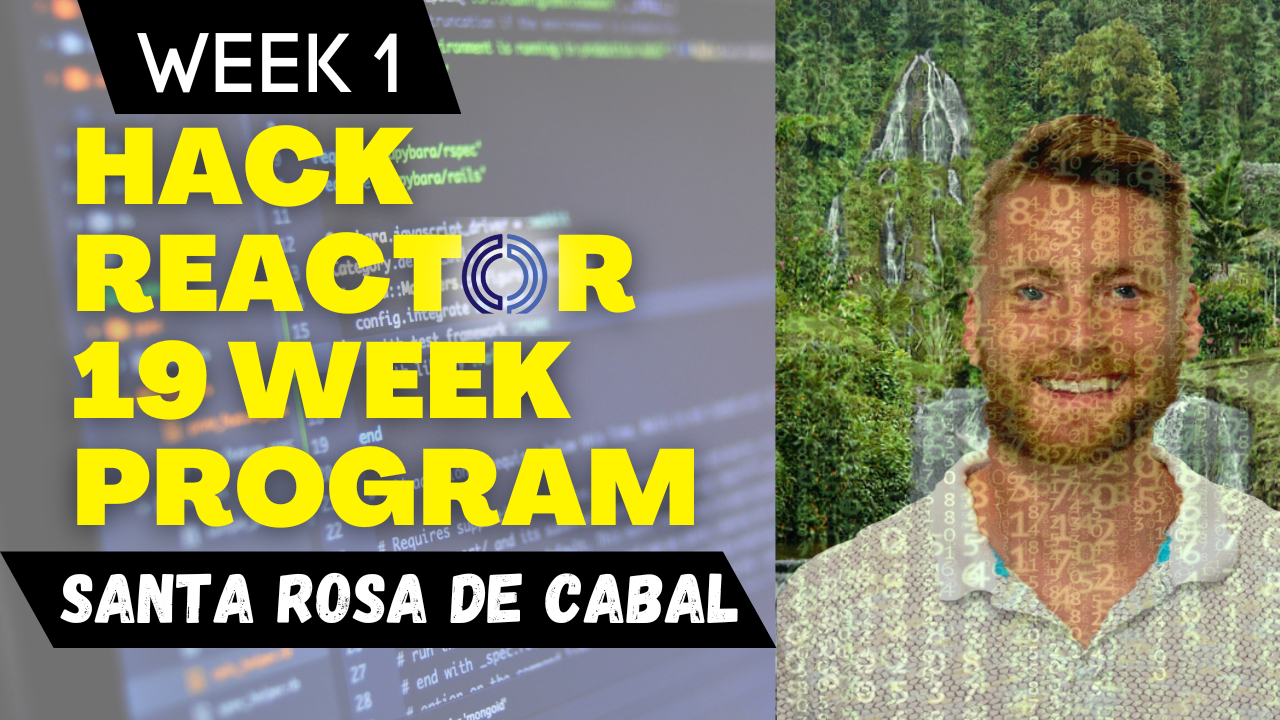Review of Week 1 in the Hack Reactor Coding Bootcamp
Share
Sharing my thoughts after week one complete and excited to be moving into a new office environment.
What I learned this week
OK, from a technical standpoint, the first week was dedicated to learning the terminal, getting commands, and going into Python. So, for example, with our GitLab account, we know how to fork and clone different repositories enter the proper commands to get those repositories copied into our Visual Studio Code, and thus work on them, saving the documents for keeping the code, and then being able to go through the terminal push those commits to our get lab repository. In addition, with Python, we learned the basic structure of the language this week. This would include going over the primary form of Python syntax, variables, data types, strings, boolean(True/False), lists, dictionaries, if...else, while loops, for loops, functions, and classes. On the last day of the week, we were given 80 python problems from a repository on GitLab and then were prompted to clone onto our Visual Studio Code and to make branches. The reason to make branches is once we have completed all 80 problems and committed them to our first created branch, we can create a new branch with the same problems, solve them again, and compare to see how we answered them the first time. And a large part of the module 1 test for Python was explained to us that these problems would be on there. Side note on branches - to the best of my ability, branches act as another version of your code as a copy/or create another version. This allows you to have multiple versions to experiment with your code and not lose the original code you were working on. It is a time machine for you to access your code at various points in your working timeline of the code. The great thing about coding is there's more than one way to arrive at a solution. I learned there's a joke in the industry that given a problem and 10 software engineers, you will get back 12 different answers. This highlights numerous ways to go about a solution, and that's the beautiful thing about problem-solving in an engineer's mind or in general. You can solve the problem multiple, multiple modes. It always has various solutions, so it goes back to the uniqueness of the problem you're solving. The solution that has the best-solved ability is that it is sustainable and scalable for future use. I enjoy the structure of the classes. Generally, lecturers will be about 25-30 minutes long with a 5 min break afterward. I would say this follows a pomodoro technique. There are lots of breaks throughout the day. There's a breakout session scheduled for opportunities to do pair programming.
In addition, the instructors are high-level. They come from numerous years in the industry, can speak in detail, and use simplistic explanations. Some of the main takeaways this week was learning about a chrome extension called Dark Reader that allows me to turn any webpage automatically dark. This helps to alleviate eye strain—also, some Visual Studio Code shortcuts. I'm getting my head more wrapped around how to go about the structure of problem-solving python problems and writing pseudocode. This is a skill that I am working on. I will use the deliberate practice approach to improve my skill. Another takeaway this week was setting up a virtual environment in the terminal and VS code and understanding the bigger picture of creating branches and running commits in the terminal and the repository. Whether it's on GitLab or GitHub. The course itself utilizes GitLab. Still, I also have a GitHub from other courses I've taken, and I plan on getting commits to my GitHub account for some repositories that I can contribute to on open-source projects.
Commands learned for Git and in addition a screen shot of the 80 practice problems opened up in my Visual Code Studio.
Challenges
OK, the challenges for this week, well, first off, challenges will always exist in life. The purpose of this is to share what I noticed. This week I noticed my eyes feeling tired from long hours on a computer. Reflecting on this emphasizes for myself to prioritize healthy mental and physical habits. Another challenge I had was when going into breakout rooms. It was distracting working in breakout rooms because there could be a lot of talk throughout the sessions. I find myself just being in the zone, listening to music, such as binary beats, lofi, or music developed and catered for programming or just classical music to help focus. I must wrap my mind around what's being demonstrated as a new skill. I value the paired programming aspect tremendously, and that's where you make significant big breakthroughs in the material, discuss the material and get a good sense of the language because you're talking the lingo. You're teaching others and yourself out loud. For this week and going into the following week to get my head around the foundation basics. I want to emphasize my time and learn what I need to know. Overall I can get over my challenges through patience, resilience, and not being afraid to ask for help. Learning coding and SWE skills is a journey, and I will attain the skills with time and consistency of practice. I want to introduce an article I learned from taking the Zero to Mastery course of Learning to Learn, and in it, one of the sections in the course mentioned a medium article by Michael Simmons.
We can't predict the future and the best one can do is learn and know the fundamentals. This is called the trunk technique. Before we focus on the leaves/details, you must first observe and understand a tree's trunk and branches. In my case, I need to understand the working and fundamentals of how information and code work, get translated, built, and shared. From this, there will always be a demand for this skill, and I will always be able to grow new leaves. I want to add the quote from Warren Buffet "Predicting rain doesn't count. Building arks does." I will be wise and intentional with the money I earn as a software engineer. It's a side note, and I'm getting off-topic here as I want to invest the money into properties and stable income-earning assets like storage units. As this is something that humans will always need. An area to store their stuff. And of course, this can be based on countries and cultures, but still, this would be my ark from the quote of Warren Buffet. We can't predict the future, but focusing on things you know that are always going to be a need and that comes from fundamentals will, in this case, be the foundation for working with computers and understanding the structure of how things are built in an online digital/metaverse space is going to be around 10-20 years from now. The time and effort I put into learning coding is a valuable skill. OK, time to get back on track for thoughts for my first week.
Thoughts going into next week
OK, thoughts going in next week. Well, I'm going to emphasize when we have breakout sessions. I go into a quiet room on the Zoom call, put music on, and focus entirely so that when I do the explorations, I don't spend more than two hours working on them. Hack Reactor does say not to spend more than three hours on the explorations, and I want to work no more than two hours because it becomes a long time to be on a computer. Also, there's a life I want and need to live outside of this program. That is with my family. Granted, I understand the time commitment and sacrifice I need to make, but one can't ignore loved ones, especially those helping contribute to my success in my career and life. In addition, doing some side work only takes a little of my time, but I still want to be on top of that. See you in the next update!
Ready to work with Xander Clemens?
I'd be happy to discuss your project and how we can work together to create unique, fun and engaging content.
Go ahead and click here to be taken to my business service page and see what I can do for you. Book a call with me now. Looking forward to chatting soon!




